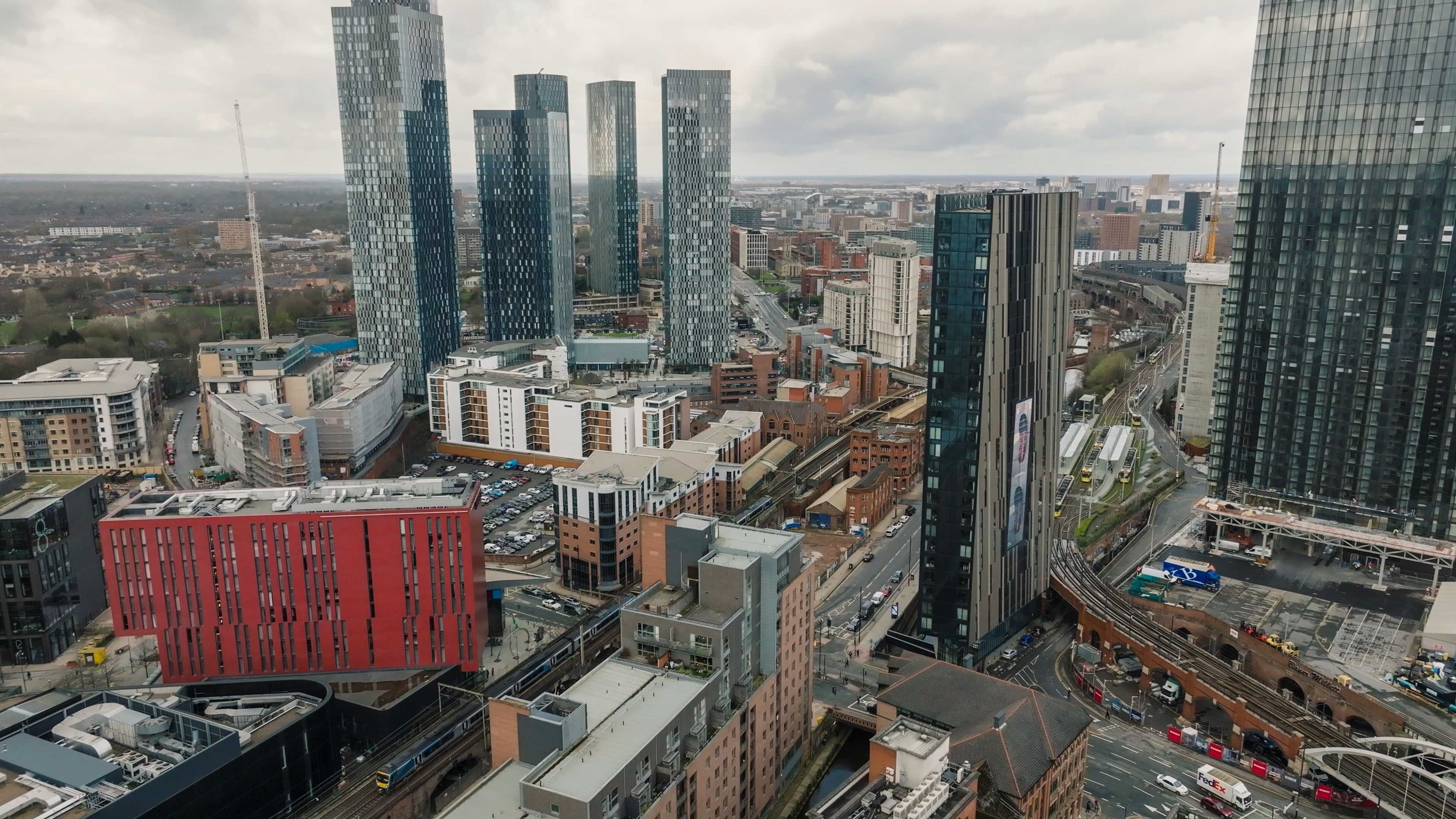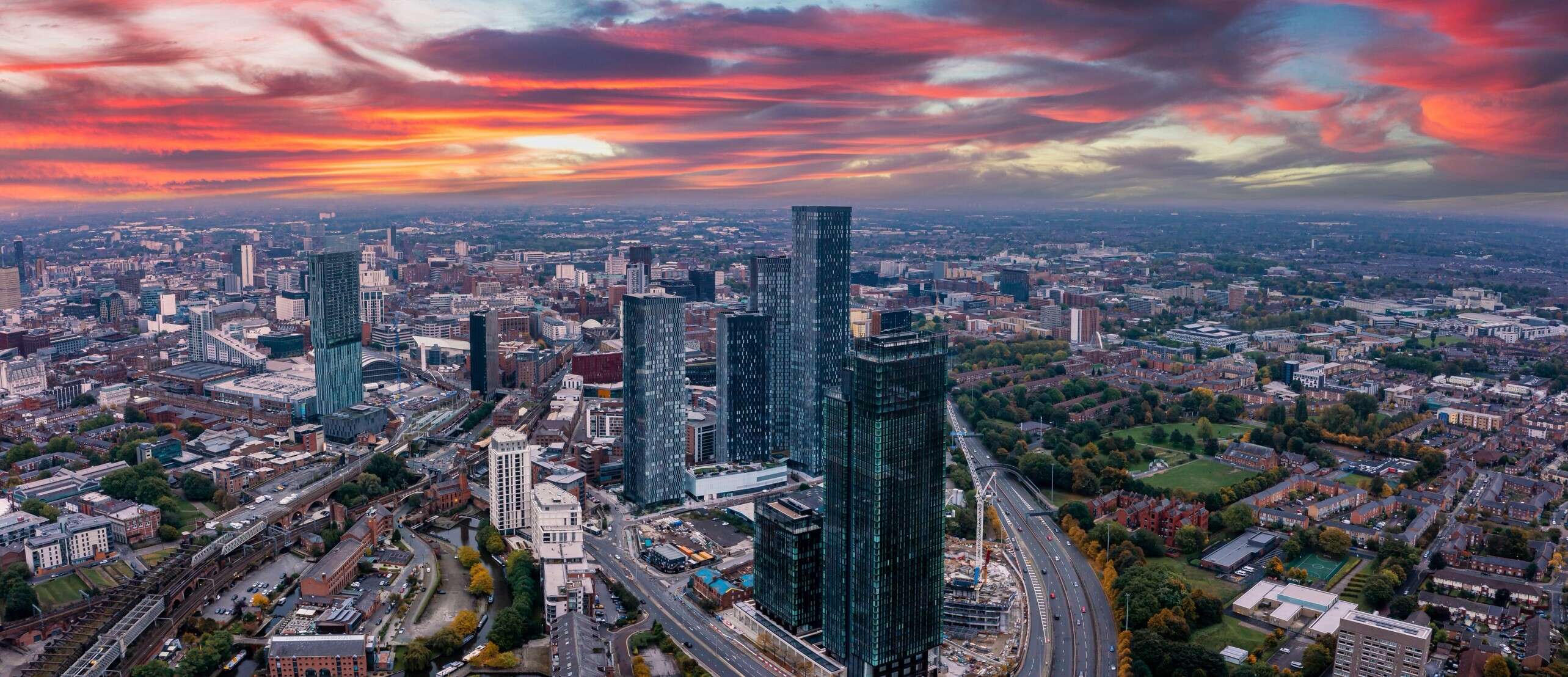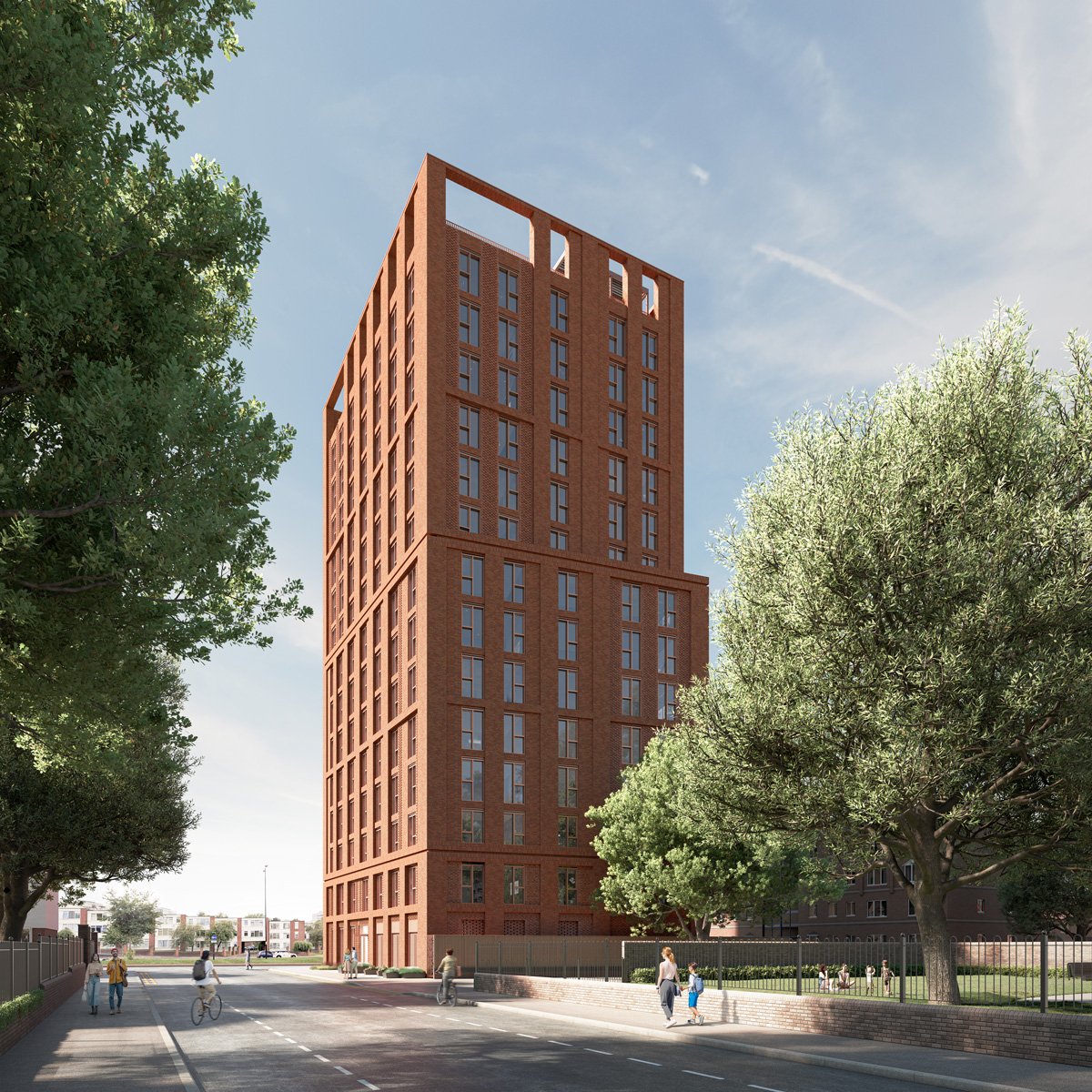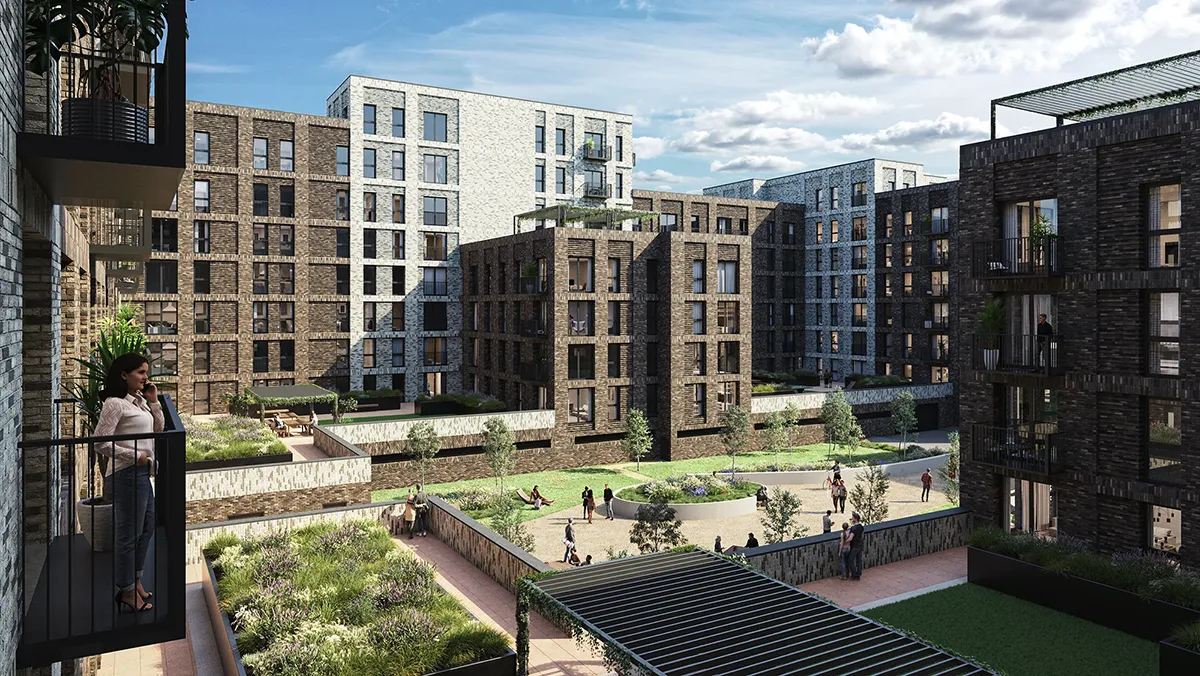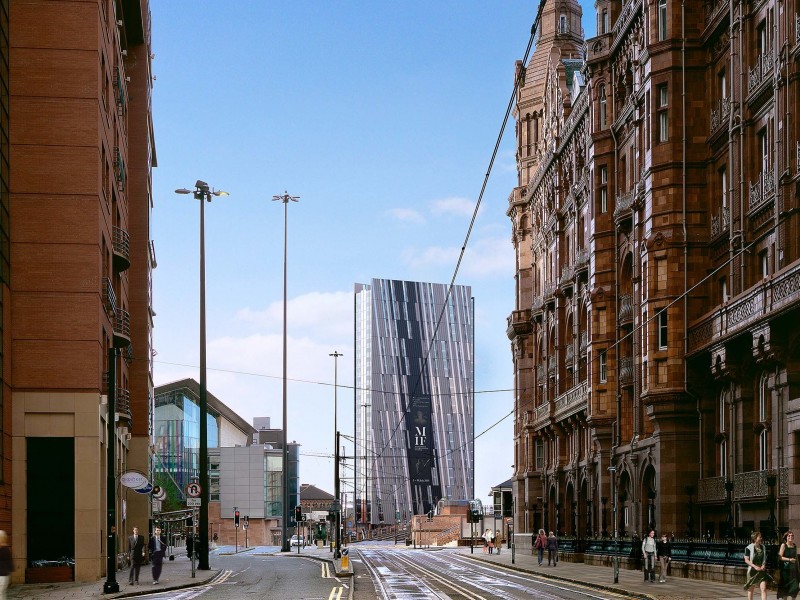What does inflation mean for real estate investments and home owners?

The rising rate of inflation in the UK has been one of the major economic trends of 2022 to date. Following the country’s emergence from the COVID-19 pandemic, nobody was quite sure what would happen next, but it is fair to say that nobody expected inflation to hit the heights it has.
The figures taken at the end of September 2022 illustrate this. The British Retail Consortium-NielsenIQ estimates that shoppers faced an average 5.7% inflation in September, up from 5.1% in August, and the highest monthly rate since the index began in 2005.
The cost of food and other basics has risen by as much as 10.6% according to the same index, and fresh food prices rose by as much as 12.1%. This gives some indication of why people are worried and why the issue of inflation continues to dominate the headlines.
This is in spite of the Bank of England having an official mandate to keep inflation at 2% over the year, and raising interest rates to keep inflation down. To date, this has not been the case and the base rate of interest has been raised from 0.25% to 2.2% so far this year (up to November 2022).
The base rate is the basis for what lenders charge for mortgages, loans and other types of credit products that they offer. Higher rates can lead to increased mortgage payments which, in theory at least, lead to constricted spending which will in turn start to bring inflation down.
The Bank’s Monetary Policy Committee subscribes to this theory, and the initial results seem to back this up, with a slight fall in inflation on this horizon if all goes to plan. Other banks around the world are taking similar steps. The European Central Bank and the US Federal Reserve are both continuing to increase lending rates for the same reason, and this will inform future policy for the Bank of England.
If the BoE does not follow suit, global investors can get better rates in New York or Europe and could move their money accordingly. If this happens, Pound Sterling could fall further against other currencies and hurt property values and other areas of the economy.
For this reason, it is likely that arguments against raising the base rate if interest further will lose out, and the Guardian reports that the main consideration among analysts is whether the interest rate will go up a further 0.5% or 0.75% on top of the already high rate.
If this further rise comes – as seems likely – it will have several major effects on different areas of the property market.
The first, is the ongoing impact on new mortgage rates and people who have existing mortgages. As mentioned previously, as the base rate rises so do interest rates on mortgages. This is the most visible property impact of it affects people in all tenures of the market, homeowners and investors alike.
The worst affected will be people on fixed mortgage rates which are coming to an end in the next 12 months. They will have to find a new mortgage rate which could be significantly less favourable and see them paying back a lot more than they had planned for. This could have clear negative consequences. In addition to that, the number of products on the market is reducing with some providers retracting mortgage offers and rates entirely while the situation ais unresolved.
When it comes to inflation and property in the UK, the effects on the mortgage market mean that those who can buy in cash will have a huge advantage. Without the need to worry about repayment rates that are suddenly much higher than normal, cash buyers will be able to make their money go much further no matter whether they are a real estate investor or a homeowner looking for their next home. If this applies to you, this could be the perfect time to buy UK property.
Overall, inflation and house prices is an interesting mix which, as always, will offer advantages to some and disadvantages to others. It is not possible to say definitively whether or not there will be a slowing in growth, but the latest figures from the Office for National Statistics (ONS) offer reason to believe that any negative effects in this area will be limited.
The ONS noted that UK average house prices increased by 15.5% over the year to July 2022, up from 7.8% in June 2022. This was the highest rate of house price growth on record and suggests that the market entered any current uncertainty in a strong position.
A second major effect of inflation on the housing market concerns renters. When looking specifically at property investment and inflation, investors could be in a position to benefit from higher rents. The latest HomeLet Rental Index from October 2022 shows that every region in the UK has seen monthly and annual rental growth – at an average of 1.4% and 9.2% respectively.
Some regions are performing even better than that average. For example, the North West region, which contains property investment favourites like Preston and Manchester, has seen the average rent increase by 9.8% in the last 12 months according to HomeLet. This follows reports from earlier in 2022 that Manchester’s average rent had risen by a huge 23.4% in a year.
Looking at the success of property markets in the North West underlines the fact that buying in the right place is the key to a successful property purchase. In this instance, the right place means somewhere with a growing population and a shortage of housing. It is also advisable to find somewhere with a growing economy, high quality jobs and an appealing cultural lifestyle aspect.
This principle applies whether you are buying for investment purposes or to find your next home. If you buy in a busy market as described above, you are likely to be insulated somewhat from economic uncertainty such as the current inflation and interest rises due to rising house prices.
Want to learn more about buying your next property in the UK? Get in touch with the team today for more information on our available developments in the strongest property hotspots by clicking here >>
Continue Reading


